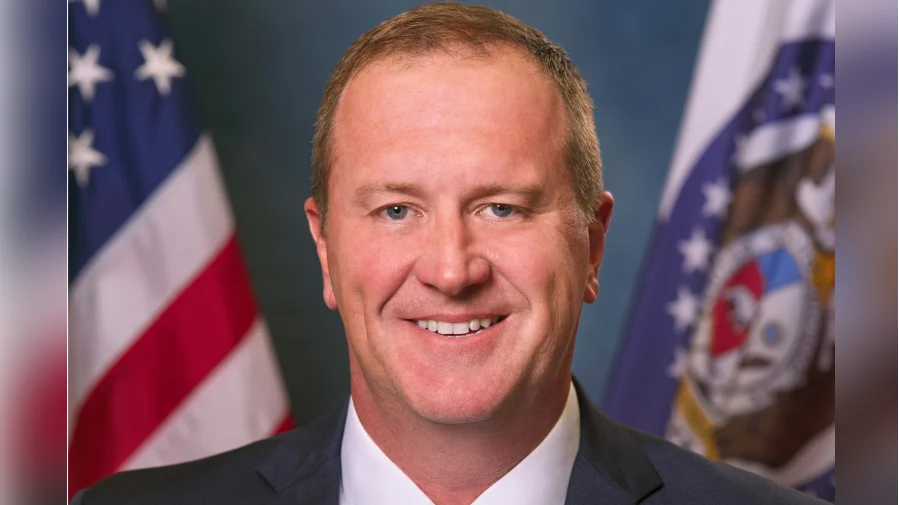Senator Eric Schmitt | U.S. Senator Eric Schmitt
Senator Eric Schmitt | U.S. Senator Eric Schmitt
Senator Eric Schmitt, a U.S. Senator from Missouri, posted a series of tweets on October 15, 2025, discussing the legacy and impact of left-wing radicalism in the United States. In his posts, Schmitt criticized what he described as the normalization of extremism within American institutions and referenced historical events and figures.
In his first tweet, Schmitt wrote, "As I detail in my @FoxNews op-ed today, the ringleaders of violent left-wing terrorist groups like the Weather Underground 'went on to work at white-shoe law firms, major nonprofits and Ivy League universities.' They even launched the political career of a future U.S. president." This statement alludes to members of the Weather Underground, a radical left-wing organization active during the 1960s and 1970s.
Schmitt continued in a subsequent post on the same day, stating, "The truth is, the left-wing radicalism of the 60s and 70s was far more violent—and deadlier—than the modern narrative suggests. It’s been whitewashed today, in large part because the radicals themselves conquered the mainstream liberal institutions that shape our popular memory."
In a third tweet, also dated October 15, 2025, Schmitt asserted, "For decades, left-wing extremism has been normalized and celebrated across our elite institutions. Now, America is at a tipping point. We've endured years of left-wing riots, attacks, bombings and a series of assassination attempts that culminated in the murder of Charlie Kirk."
The Weather Underground was a U.S.-based militant left-wing organization founded in 1969, known for its involvement in bombings, jailbreaks, and riots throughout the 1970s. Some former members later became academics or professionals in law and nonprofit sectors. The group’s activities have been the subject of public debate regarding their impact on American society and political discourse.
Senator Schmitt’s comments reflect ongoing discussions about how past political violence is remembered and interpreted within contemporary American institutions.


 Alerts Sign-up
Alerts Sign-up